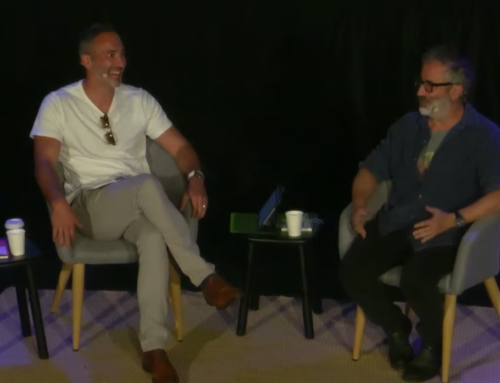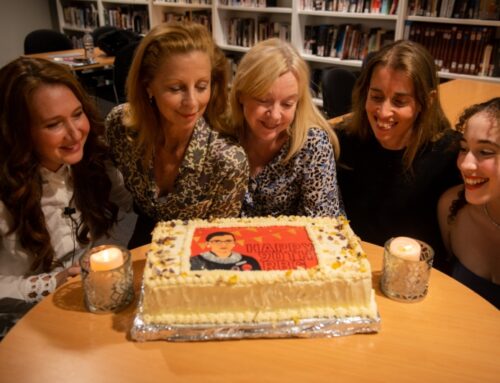By Rabbi Alon Meltzer
Every organisation goes through the journey of trying to understand the impact they are creating. Understanding the legacy that they are leaving behind. Figuring out what product they are trying to create.
The issue of ‘why’ is a pressing one. We often have the what, how, where, who, but it is the why that is allusive and imperative.
In November 2019, a colleague and I spent time in New York City meeting with various organisations to see what they were doing within the young adult (20-40) space. How were they innovating? What were they creating? In the end, the question always came back to ‘why.’ Why are you doing this? What is the impact, legacy and product you are trying to create?
For many, even with years of experiences and pages of impact studies, the answer was seemingly in flux. Audiences, organisations, and the state of peoplehood change. Therefore, the why also changes.
It reminded me of the famous adage of Rabbi Tarfon from the Ethics of our Fathers (2:16) “It is not your responsibility to finish the work, but neither are you free to desist from it.”
Despite the in-flux nature of the question, it is imperative that we keep going, keep pioneering, keep engaging, and keep learning.
This year at Shalom we are asking questions around impact.
For a number of years, we have focussed on bringing to life diverse and exciting programs that have multiple touchpoints across the demographics of our Jewish community. We increased our numbers of face to face engagements, we put into place elements of financial and team sustainability, and we formulated a culture of goal setting and the importance of data – numbers, wants and needs of our community. After much work, now is the time to look at how we are impacting the community around us.
There are five areas that I believe are imperative in understanding impact.
- Identity – how has the participant changed through being engaged with your programs? Self-identity is the buzz word of the day – but understanding the changes of a participant’s identity through their engagement with an organisation is imperative in understanding impact.
- Connectivity – how has a person’s network of touchpoints across the community landscape been affected through their attendance with a specific organisation or program? Have you changed their outlook, broadened their scope of answers, questions and ideologies throughout the community?
- Enjoyment – has a participant enjoyed their experience? Would they recommend the experience to their family, friends or colleagues? Do they have enhanced personal Jewish lives and lived experiences because of their contact with your organisation?
- Relevance – does a participant feel that their Judaism is more relevant to their lives, wants and needs as a direct result of their connection with your organisation?
- Skills – have you given people new tools or skills that they can use in their day to day lives?
There is never an easy way to understanding impact, but the journey is so important to undertake. Don’t desist.
As a father, rabbi, and sociologist, Jewish community is everything to Alon Meltzer. Currently he serves as Director of Programs at Shalom and Rabbi of Or Chadash Synagogue in Sydney, Australia.










Leave A Comment